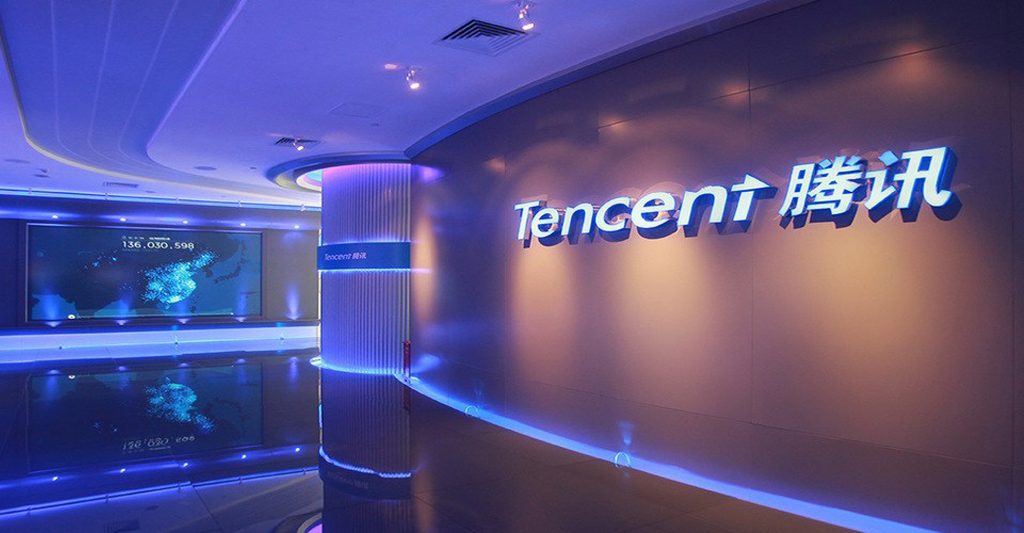The deal will see the companies working on “next-generation intelligent vehicle cockpits”, enhancing the driver’s cockpit with “new mobile and mobility service applications.” The firms will also “explore simulated testing and validation of autonomous drive systems.” As CNBC noted, Tencent’s cloud computing division and experience in developing artificial intelligence applications might be especially handy here. Only last week, Geely announced it was forming a new electric car company with Baidu. Days later, it said it was teaming up with Foxconn to provide contract manufacturing and electric vehicle consulting services to other automakers. Sources told Reuters that Geely wanted to make better use of the production capacity of its apparently underutilised Chinese factories.
It should be noted that Tencent has investments in Tesla, the current global leader in electric cars and Geely’s (potential) competitor given its dive into the electric vehicle industry. Relatedly, when it comes to self-driving vehicles, Microsoft also wants a piece of the action – teaming up with General Motors’ subsidiary company Cruise to help boost the commercialisation of autonomous vehicles. Geely as a whole has been doing exceedingly well, selling over 2.1 million automotive units last year. Proton, its strategic partner here in Malaysia, sold cars like hotcakes despite the COVID-19 pandemic with 8.8% year-on-year growth and has also managed to raise its market share. (Source: Geely)
